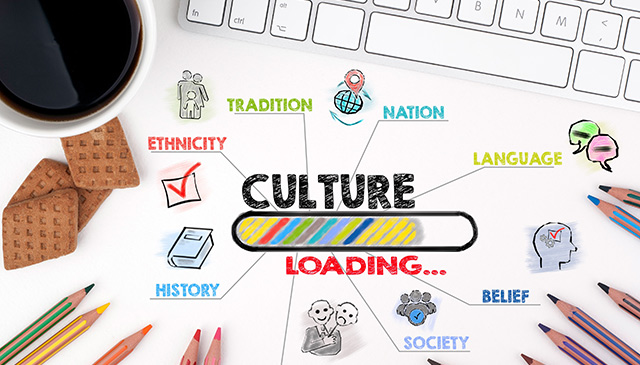
During the recent Cultural Competency Week celebration, Texas Children’s Health Plan employees had a chance to win prizes in exchange for thoughtful responses to questions posed each day.
Prize winners were:
- Loan Lam, Senior Business Intelligence Analyst
- Sofia Morffe, Utilization Management Specialist
- Koby Mitchell, Utilization Management, Manager
- Kristi Lemmert, Case Management, Manager
- Adrian McKinney, Case Management, Manager
- Alicia Ardon, Senior Call Center Representative
A sample of the answers are below and may offer us all ideas on how to best promote cultural engagement.
What are some ways that we can promote cultural competence in our everyday life?
- Get to know the community you work with. Talk to colleagues about what their weekend plans were: church, family meal, any traditions, etc.
- Be sensitive to colleagues who need to take time out to honor their religion/faith, family traditions – praying, religious holidays, cultural holidays, etc.
- Eat different cuisines with your friends and family and understand more about the specific country’s native culture/customs, why they choose certain foods (Is it indigenous, is there a cultural belief behind the food?)
- Encourage open dialogue. When there is a view you don’t understand or haven’t heard about, seek to understand.
- Create diverse networks. Establish friendships with those who are different from you.
When we practice cultural competence in health care, what are some positive results we can experience as a society?
When we practice cultural competency in health care, the individual is seen for who they are (without judgement), heard for what they say (without our interpretation of what they need), cared for with acceptance and understanding of the barriers they may face. Our job is to assess, provide information, give options and let them choose freely the actions they wish to take without coercion. It boils down to respecting the individual we are serving and all that comes with them, all that has shaped them and meeting them where they are. Cultural competence in health care is letting the person we care for be the expert in their life.
Benefits we can expect to see in society:
- More trust
- Self-efficacy
- Personal responsibility
- Improved health
- Decreased bias
- More respect
When was the last time you interacted with someone from another culture in a meaningful way? What did you learn from the experience?
The last time I interacted with someone of another culture in a meaningful (memorable) way was during a visit to the Sam’s Club. Even though it was some time ago, it still resonates with me today. My daughters were excited about the samples of pizza the Sam’s Club staff were providing. A Nigerian woman was one such staff member. One of my daughters, who is left-handed, stretched out her left hand to accept the pizza. The Nigerian woman became offended and began to mildly scold my daughter.
She explained that in her culture it is rude to accept food with only one hand outstretched and especially the left hand.
My daughter looked confused as to why she was being scolded. I explained to the woman that my daughter and I were not aware of her cultural etiquette and explained the differences pertaining to American culture. I told her my daughter meant no harm and thanked her for the opportunity to learn a bit about her culture. Inside I was actually offended myself that she would impose her culture in a place where it was not known or expected. However, my nursing background and training regarding cultural awareness afforded me a moment of pause to consider her feelings as well. I explained to my daughter that she didn’t do anything wrong, and how different cultures have different observances that we should respect whenever possible.
All employees of Texas Children’s Health Plan must take the state-mandated cultural competency course. It is available on HealthStream until Wednesday, September 30.

